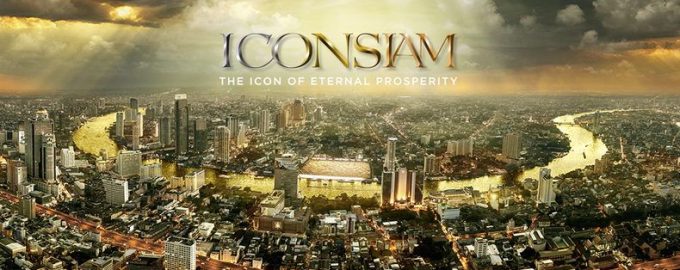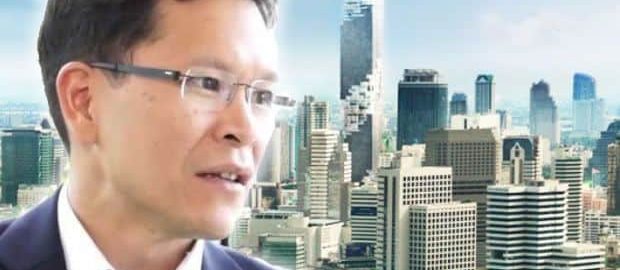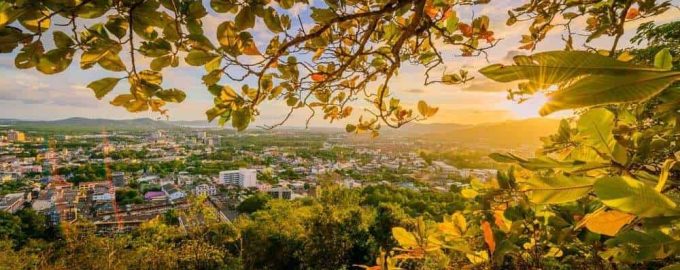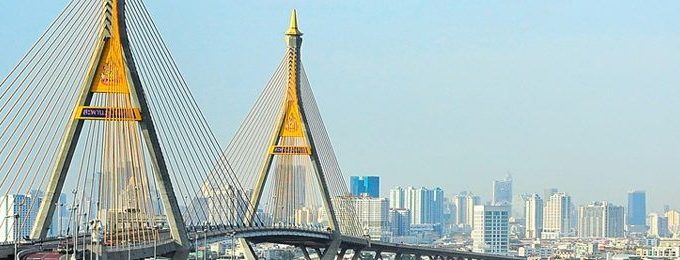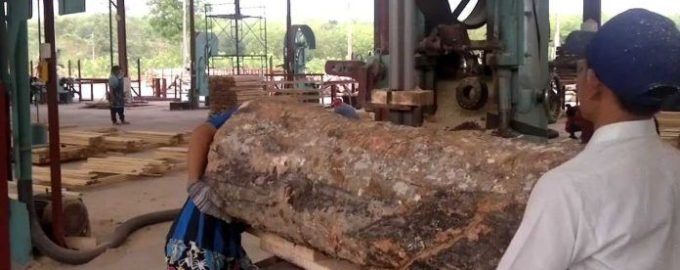Will buyers ever tire of the Land of Smiles?
For Australians, the phrase ‘the lucky country’ has strong resonance. The nickname, coined by author Donald Horne in his novel of the same name, has been used to describe the Antipodean nation’s weather, lifestyle and is often invoked to describe its good fortune from gold rushes to economic booms.
Despite its roots Down Under, the description could just as easily be applied to Thailand: a nation whose spectacular natural attributes, incredible cuisine and long-established cache as one of the world’s most appealing places to live has enabled its property market to ride out storms and setbacks that might have floored those in other countries.
“Thailand’s infrastructure, accessibility, and general reputation for being a laid-back leisure destination are still vastly superior to other neighbouring countries,” says Andrew Gulbrandson, research head at JLL Thailand. “While certain destinations within Thailand may become less popular, it’s difficult to envision a scenario where Thailand’s desirability as a place to invest substantially decreases.”
Indeed, the country’s reputation for being Teflon-coated when it comes to deflecting troublesome news, events and economic tidings is as resonant as ever. In August 2016, bombs exploded in the tourist hubs of Hua Hin and Phuket while last October saw the passing of King Bhumibol Adulyadej, the nation’s much revered monarch.
This year has, by Thai standards at least, been relatively light on potentially seismic events. However, the military-run government, in power since a coup in 2014, preside over an economy that continues to be lacklustre. The economy will expand 3.3 percent a year on average from 2017 to 2019, according to the World Bank, the weakest among eight developing Southeast Asian nations.
Given all this you could be forgiven for thinking that the country’s once-thriving real estate sector might be showing signs of lethargy, if not out and out fatigue. Not so, say analysts, experts and developers, pointing to booming demand for luxury property in the capital Bangkok and healthy interest from investors, both foreign and Thai, in popular secondary markets such as the paradise islands of Phuket and Koh Samui and the well-located beach resort of Hua Hin.
Read more
